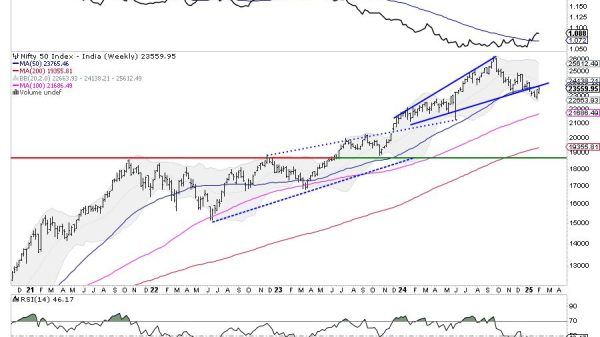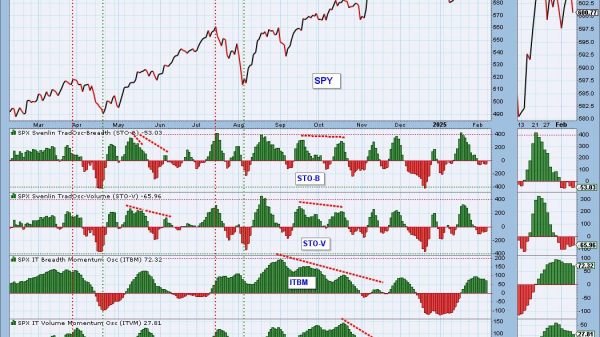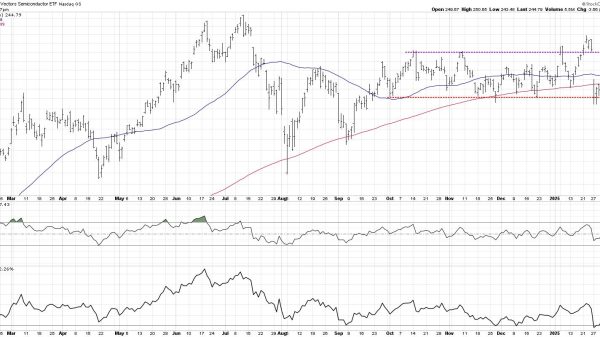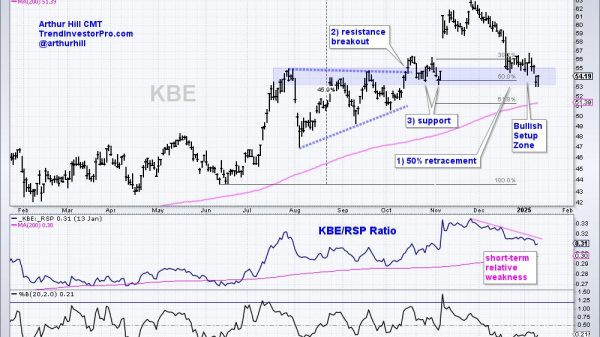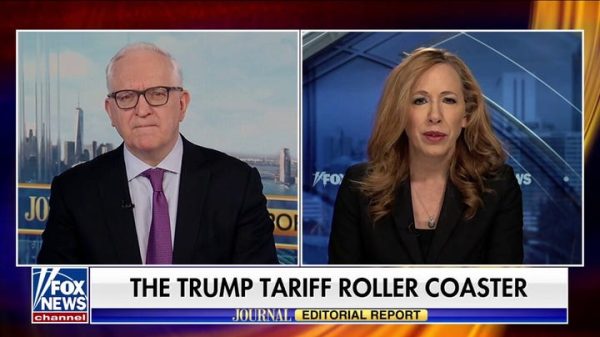Asia’s Currency Volatility Dilemma: A Barrier to Rate Cuts
In the realm of global economics, Asian currencies play a pivotal role, both as individual units and as part of intricate currency pairs. Amidst these currencies, the South Korean won stands out not only for its importance but also for its reputation as one of the most volatile currency pairs. The fascinating interplay between currency volatility and economic decisions, particularly rate cuts, has garnered attention across the financial landscape.
Currency Volatility: Unveiling the Dynamics
Central banks across key Asian economies have maintained their current interest rates in the latest monthly meetings. Both Indonesia, South Korea, and the Philippines have adhered to market expectations by keeping their rates unchanged this month. However, investors who were anticipating signals of potential upcoming rate cuts were met with a different narrative.
The South Korean currency, known for its code KRW, has long been a focal point in the discussion of currency volatility. It is the primary unit of exchange for the world’s 12th largest economy. Thus, the won’s fluctuations have far-reaching implications. One might wonder why this currency experiences such turbulence.
Japanese Yen, Japan’s currency is, by far, the most traded currency in the Asian market.
Asian Currency Stability and Rate Cuts: An Intricate Balancing Act
Central banks in Asia face a unique challenge when considering rate cuts in the light of currency volatility. While a rate cut can stimulate economic growth. It also has the potential to trigger capital outflows, putting downward pressure on the domestic currency. This is where the intricacy lies. The fear of exacerbating currency volatility often restrains central banks from opting for aggressive rate cuts. And that happens despite the benefits they might bring to the overall economy.
Although the yuan has seen a 2% appreciation against the dollar throughout the year, its recent weakness has arisen due to growing expectations that the Federal Reserve will prolong higher interest rates, leading to an upswing in the dollar’s value and U.S. yields. South Korea is also contemplating the possibility of a rate cut by the end of the year despite grappling with a shaky win that has depreciated by more than 5% against the dollar in the current year.
Navigating Asian Currency Dynamics
In global finance, Asian currency dynamics, especially those of the South Korean won, continue to captivate economists and investors alike. The allure of potential gains through aggressive rate cuts must be carefully weighed against the risks posed by currency volatility. The Philippine peso has experienced a decline of nearly 2%. Notably, it reached a nine-month nadir in the preceding week, primarily due to apprehensions associated with China’s economic conditions and the policies of the Federal Reserve. As these dynamics unfurl across the Asian economies, the confluence of factors, including currency volatility, yield differentials, and post-pandemic recovery trajectories, shapes the intricate decisions made by these central banks.
The post Asia’s Currency Volatility Dilemma: A Barrier to Rate Cuts appeared first on FinanceBrokerage.






